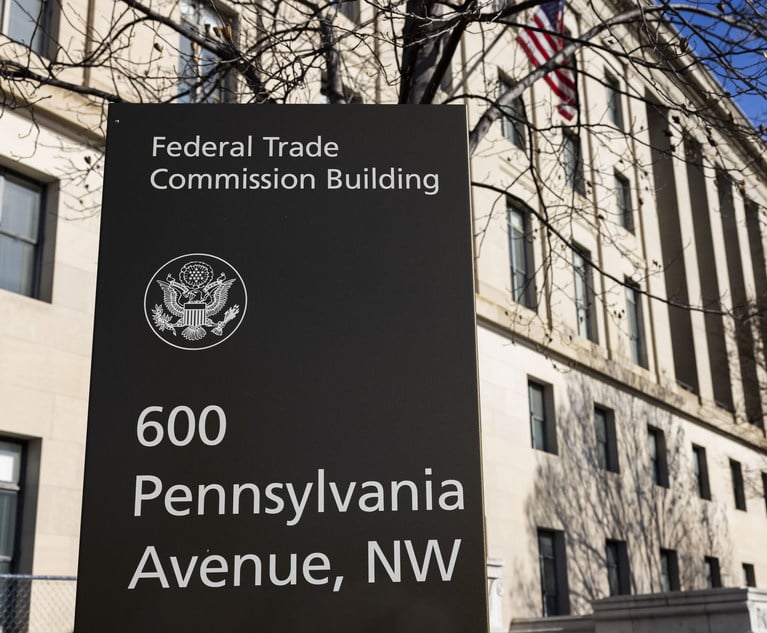POLICY OF TRUTH - After decades of demonstrating that the best way to get ahead in Big Law is to put work above all else, large law firms’ recent attempts to promote things like mental health and wellness and remote work flexibility are (often rightfully so) being viewed with suspicion. There’s a sense that every policy purportedly geared toward improving work-life balance is really just a loyalty test in disguise. Complicating matters further is the fact that not every effort to address burnout actually is being made in good faith. As the old saying goes: just because you’re paranoid, doesn’t mean they aren’t after you. And, as we explore in this week’s Law.com Trendspotter column, even well-intentioned law firm leaders face challenges in convincing their people that it’s OK to decelerate once in awhile—and that’s a major hindrance to addressing the very real mental health problem affecting the industry.
EVERYTHING HAS A PRICE - It’s tempting to roll your eyes at the ever-escalating associate salary wars, which this year surpassed $200,000 for first-year associates. Each year, like clockwork, a handful of firms set the initial bar and then a competitor vaults over it, leading the rest of the market to trip over itself trying to catch up. What’s the point of this madness? Well, for one thing, signaling that your firm is staying competitive for top young talent also sends the message that you’re competitive for more senior talent. “I have seen an increase in partner candidates seeking to leave their firms because the firm is not retaining/attracting the best associates due to the salary wars,” San Francisco-based legal recruiter Avis Caravello told Law.com’s Dylan Jackson, Lizzy McLellan and Christine Simmons. “Moreover, a lateral partner or group acquisition can be jeopardized if the acquiring firm is not competitive in the associate market.” On the other hand, keeping up with the Davis Polks of the world comes with its own (quite literal) costs in the form of partner profits. “This should be a wake-up call to partners everywhere: the cost of not enhancing the value proposition for associates can now be quantified as the multiyear decline in PPP resulting from this latest transfer of monies from partner profits to fixed associate comp,” law firm strategist Hugh Simons said.










